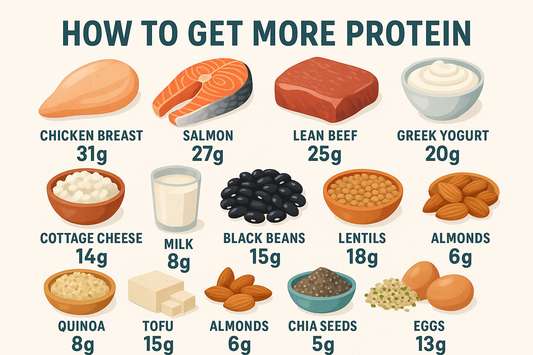It has been said that our muscles remember the actions we perform as they are full of neurons, stuck with your nervous system which plays a role in motor learning. Any activity you perform demands brain power but if a particular activity is performed much often, it forms a recognizable pattern into your brain’s area responsible for motor skill. Then those repeated actions are performed with less brainpower.
- There is actually no memory in your muscle
According to a research, “it is all in your head” as your brain does not have the capacity to store certain activities you perform. Maybe this is why it said practice makes a man perfect. Basically, the more you perform an action, the more it stays in your brain. Hence making the activity easier to perform it each time. However, you will have to ensure there is no mistake in the particular action you perform from the beginning as mistakes will be harder to get rid of while trying to perform the correct action.
- Doing exercise is much easier
Performing an activity often leads to your brain getting familiar with that pattern and ultimately your brain requires less energy to perform that particular activity. Muscle memory does not only help in remembering the actions but also in investing your energy in more important tasks such as keeping yourself in shape.
- Only happens if you train regularly
Muscle memory only works if you have performed a particular action many times. Research shows that the only way your body and brain will remember an activity you performed in the past is if you have performed it several times. For example, if you used to play piano back in your teenage days, the only chance that you will remember how to play it again years later if you were really good at it. So there is a chance that you could pick up an activity again years later, without needing much time or effort to get back in shape.
- Imagination helps developing muscle memory
It has been said that the brain actually is unable to differentiate between the actual physical activity and the imagination of performing an activity. So the catch is that you may spend some time imagining yourself executing an activity for your brain to learn the motion, eventually resulting in increased muscle memory just like you were actually physically performing it.
- Muscles are Multi-Nucleic
Muscles are extremely unique as in, in contrast to different tissues in the body, muscle cells have more than one core (nucleus). This is critical in light of the fact that these core structures are the basis for growth. Likewise, cells grow new cores with practice yet when you quit working out, these cores don't vanish thus even after a long lay-off (maybe because of injury), people who have gained an adequate measure of cores will track down that recuperating "lost" muscle is not much difficult.
- It is easier to regrow muscle
How regularly you exercise may affect your muscle memory. As due to extra study conducted, we may affirm or preclude whether there exists a "muscle memory" or an 'epi' memory, as one study calls it. There may not be real memory in your muscle tissue, however when you reliably exercise, you're more averse to experiencing difficulty rebuilding muscle mass. Practically, maybe muscle recalls how to revamp muscle productively, after it's been permitted to "escape shape." Studies have shown that the myonuclei in satellite cells you developed when you constructed muscle years prior never truly disappear. In this way, in the event that you need to get back fit as a fiddle, you as of now have a decent beginning stage since you have worked your muscles previously; you could say your muscles know about putting on mass. They're similar to reservists fit to be gotten back to right into it.
Conclusion:
Muscle memory is an extremely helpful skill for you to achieve your fitness goals. Even at times if you fail to try or perform new exercises, just be patient as it can take time for your brain to get on with it. Once your muscle memory starts to develop, your fitness journey will only keep getting easier for you.










